What’s more fun than watching two powerful women viciously going after each other?
Two powerful women playing powerful women going after each other, of course. At the moment, we’ve got Feud: Bette and Joan on the FX network, giving us Susan Sarandon and Jessica Lange playing Davis and Crawford, who, dizzyingly enough, play a bilious pair of badly aging movie stars in Whatever Happened to Baby Jane.
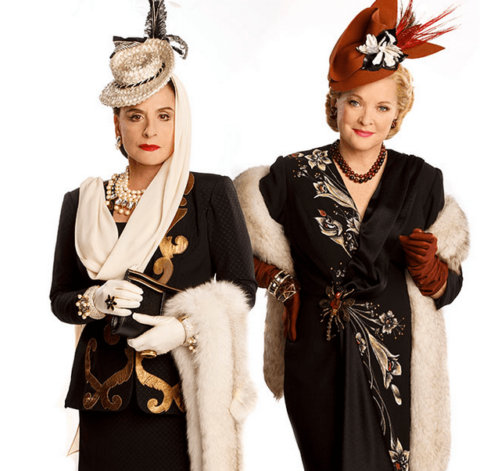
Patti Lupone as Helena Rubenstein and Christine Ebersole as Elizabeth Arden in the new Broadway musical, War Paint.
Then there’s War Paint on Broadway, with Patti Lupone and Christine Ebersole as Helena Rubinstein and Elizabeth Arden. Arden on Rubinstein: “Royalty? She’s as common as a cabbage.” Rubinstein on Arden: “Pedigreed? Ha! She — what? — stepped off the Pilgrim boat in her Chanel pumps? I know the truth, Harry. She’s Canadian!”
What’s next? A revival of Nora Ephron’s Imaginary Friends, about the enmity between Mary McCarthy and Lillian Hellman? Everybody knows what McCarthy said about Hellman: “Every word she says is a lie, including ‘and’ and ‘the.’” Hellman’s reply: a 2.25-million-dollar lawsuit. Or maybe we go back to Schiller, whose 1801 Mary Stuart featured the world-class catfight between Mary Queen of Scots and Queen Elizabeth I.
With older women, the prize is not a man—they either have one, or it’s too late—but professional dominance.
More recently, how about Hillary Clinton and Elizabeth Warren? For every discussion of their running together on the Democratic ticket, the media kept a tally of public snubs and scuffles. I’m thinking Amazon series.
The “Mature Woman” Catfight: What’s the Point?
Perhaps the professional-women-attacking-each-other plot is the grown-up version of the girl-fight plot featuring younger women, typically at war over a man, their odds defined by their relative sexual attractiveness. May the hottest babe win. With older women, the prize is not a man —they either have one, or it’s too late — but professional dominance, and the key assets are not just looks, though looks still count, but brains, social class, money, and business acumen.
Watching women fight makes me sad, probably because it hits me where I live.
As Angelica Jade Bastien has pointed out in her Feud recaps in Vulture, in some ways the show seems to suffer from the sexism and ageism it is intended to expose. For example, when studio mogul Jack Warner explains to Baby Jane director Robert Aldrich that unlike Scotch, women only get sour as they age, I don’t see Ryan Murphy’s script putting up much of a struggle. In fact, in Episode 2, when Bette Davis’s daughter B.D. viciously accuses her of being jealous because the guys on the movie crew are less attentive to her than to her sexy offspring, the sourness seems independent of age. Meanwhile, the tears in Davis’s eyes show us her daughter’s right.
A Catfight Is Just Sad
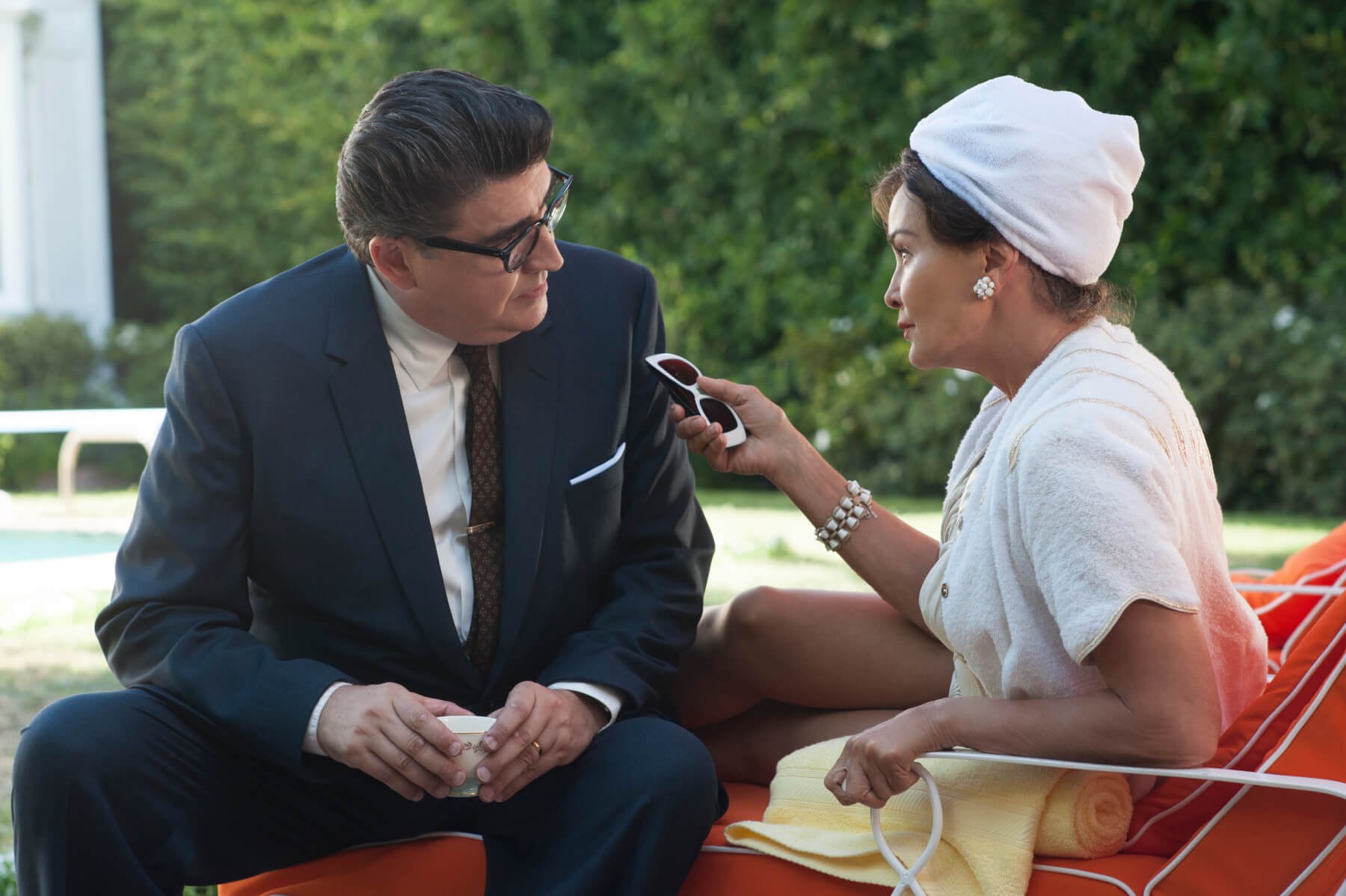
Alfred Molina as Robert Aldrich, Jessica Lange as Joan Crawford in Feud on FX Sunday evenings. Photo by: Suzanne Tenner/FX
This paragraph should explain why watching women fight is so much fun. The problem is, I don’t know why. Watching women fight makes me sad, probably because it hits me where I live. No matter how much feminism has insisted on, and has actually resulted in, women supporting each other, women of achievement still perceive themselves as pitted against each other. Or even proactively do the pitting themselves. And while it makes a good mini-series, it rarely is any good for us.
Years ago, I came across an essay in an anthology called “The Love of My Life,” by an author I had never heard of, Cheryl Strayed. I was thrilled by this essay, and I related as a writer to Strayed’s total candor and reckless self-implication. I sent Strayed a letter of appreciation, care of the publisher.
Once Strayed’s star began to rise for real with the publication of Wild, I found myself watching with mixed feelings. In one way, I felt vindicated and excited. After all, I discovered her. On the other hand, it was impossible not to be jealous. Though Strayed remained generous and supportive to other writers, including me, her social media posts describing developments such as Reese Witherspoon’s visit to her house were the subject of muttering.
Though Strayed remained generous to other writers, including me, her social media posts were the subject of muttering.
My own muttering turned into a whole as-yet-unpublished novel about a writer who’s jealous of a woman she went to grad school with because the latter now has a memoir on the bestseller list. The literary star character is a combination of Cheryl Strayed, Kathryn Harrison, and Sandra Cisneros, with touches of Mary Karr and Anne Lamott.
But I have to admit, I didn’t put my heart into the catfight. After intimating that the more successful writer is a diva and a fraud, I have her turn out to be the real deal. And even though there’s a potential dust-up over a boy toy, it all works out and the two women become friends. Who am I kidding? This book will never be published!









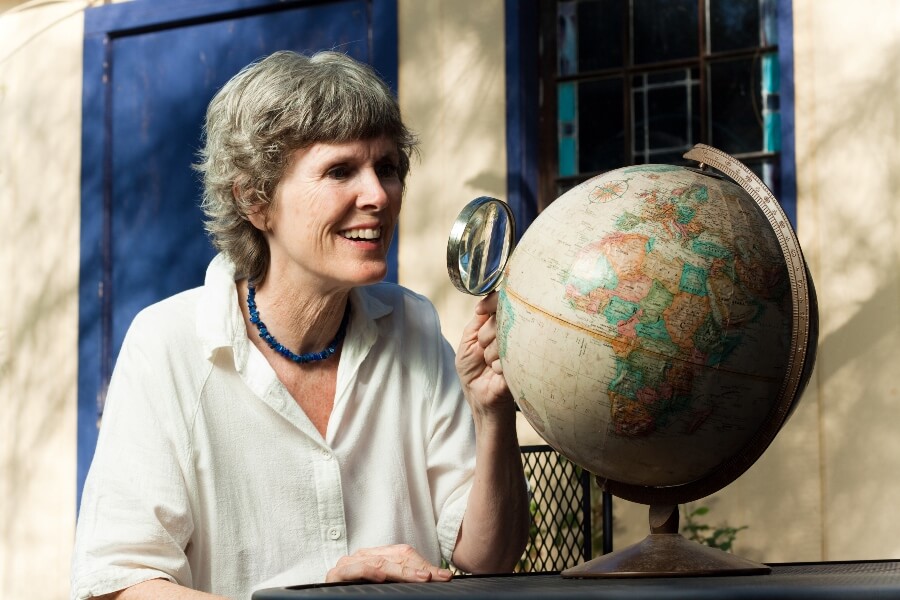
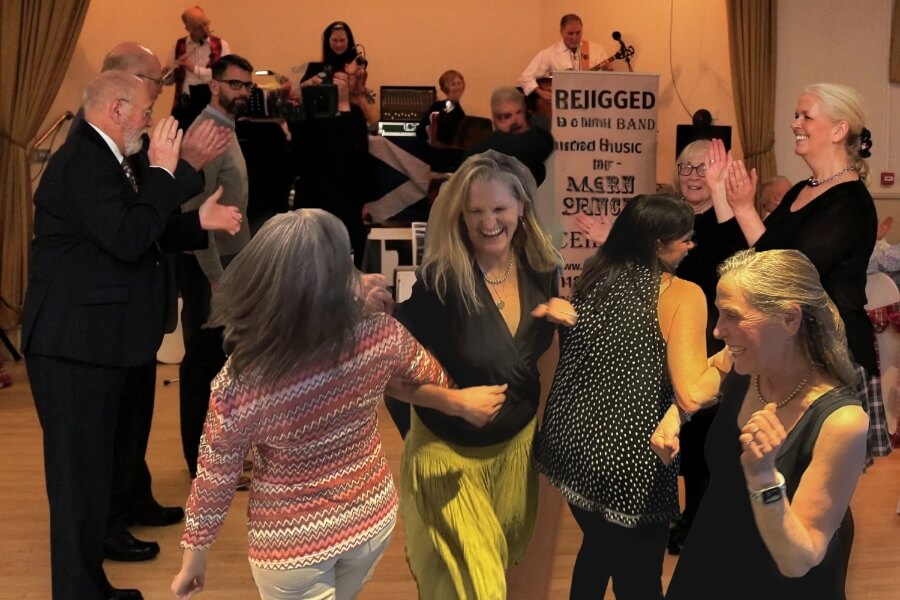

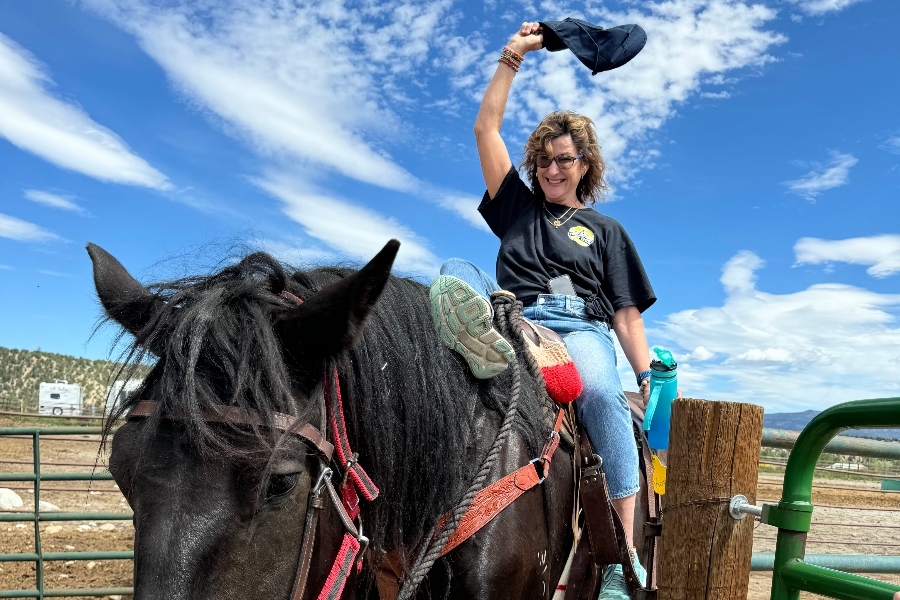








0 Comments